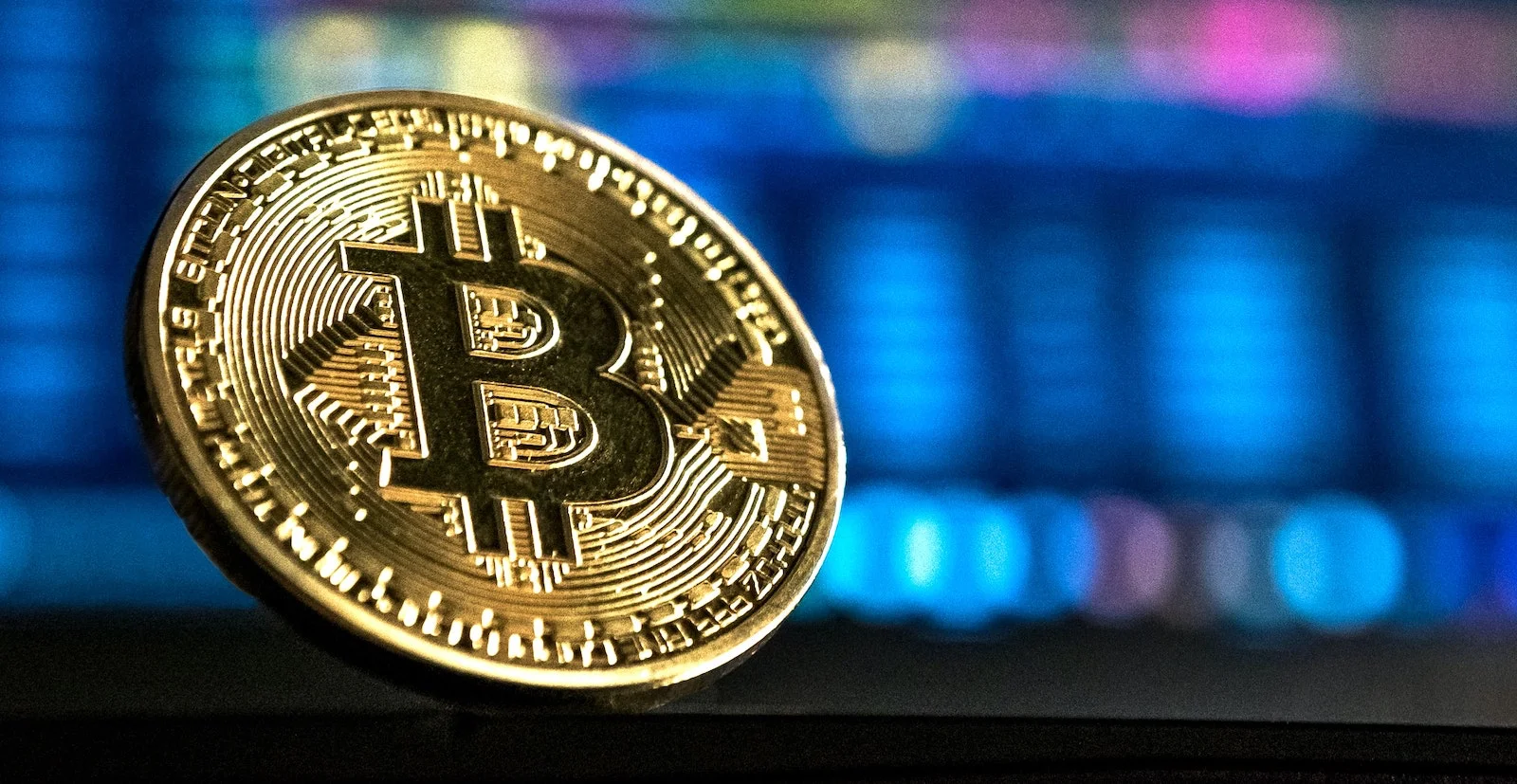Learn the basics of Bitcoin – what is Bitcoin, how it works, and why it matters. Find out in this comprehensive guide.
Bitcoin has been in the news quite a bit recently, with many people interested in learning more about this digital currency. In this article, we’ll explain what bitcoin is, how it works, and what its advantages and disadvantages are.
What is Bitcoin – Definiton
Bitcoin is a decentralized digital currency that uses cryptography to secure transactions and control the creation of new units. Unlike traditional currencies, bitcoin operates without a central bank or single administrator.
Bitcoin transactions are recorded on a public ledger called the blockchain, which allows users to verify and audit transactions. Bitcoin is often referred to as a “cryptocurrency” because of the cryptographic algorithms used to secure transactions.

How Bitcoin Works
Bitcoin uses a peer-to-peer network to facilitate transactions, meaning that transactions are made directly between users without the need for a middleman like a bank or other financial institution. When a transaction is made, it is verified by other users on the network through a process called “mining.”
Mining involves solving complex mathematical equations in order to verify transactions and add them to the blockchain.
The technology behind Bitcoin is based on a decentralized database called the blockchain. The blockchain is a public ledger that contains all bitcoin transactions ever made. The blockchain is maintained by a network of users, and new transactions are added to the blockchain in a transparent and secure way.
How Bitcoin is Used
There are several ways to acquire bitcoin, including mining, purchasing from a bitcoin exchange, or accepting it as payment for goods or services. Bitcoin can be used as a payment method for online purchases, as well as in some physical stores that accept it. Some users also choose to hold bitcoin as an investment, hoping that its value will increase over time.
Bitcoin mining is the process by which new bitcoins are created and transactions are verified. Mining requires powerful computer hardware and specialized software. Miners are rewarded with new bitcoins for their efforts.
Advantages of Bitcoin
One of the main advantages of bitcoin is increased security. Bitcoin transactions are secured using advanced cryptographic algorithms, making them difficult to hack or steal.
Additionally, bitcoin transactions are irreversible, meaning that once a transaction has been confirmed, it cannot be reversed or canceled.
Another advantage of bitcoin is faster transaction times. Because bitcoin transactions don’t need to go through a central authority, they can be processed more quickly than traditional bank transfers.
Finally, bitcoin transactions typically have lower fees than traditional financial transactions, making them an attractive option for people who want to save money on transaction fees.
Disadvantages of Bitcoin
One of the main disadvantages of bitcoin is market volatility. Because the value of bitcoin is not tied to any underlying asset, it can be highly volatile, meaning that its value can fluctuate rapidly and dramatically.
Another disadvantage of bitcoin is the lack of regulation. Because bitcoin operates outside of traditional financial systems, it is not subject to the same regulations and oversight as traditional financial institutions.
Finally, there is a risk of fraud and scams associated with bitcoin. Because bitcoin transactions are irreversible, it is important to be cautious when sending or receiving bitcoin.
Future of Bitcoin
Despite its challenges, bitcoin has the potential to transform the way we conduct financial transactions. Some experts predict that bitcoin could become a major global currency in the future, with more and more merchants accepting it as payment for goods and services.
Others see bitcoin as a speculative investment, with the potential for high returns but also high risk.
Conclusion
In conclusion, bitcoin is a decentralized digital currency that operates without a central bank or single administrator. Its advantages include increased security, faster transaction times, and lower transaction fees.
However, bitcoin also has its disadvantages, including market volatility, lack of regulation, and the risk of fraud and scams.